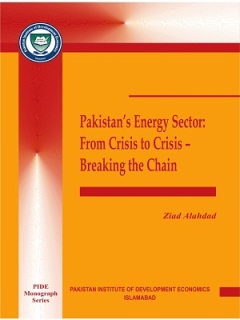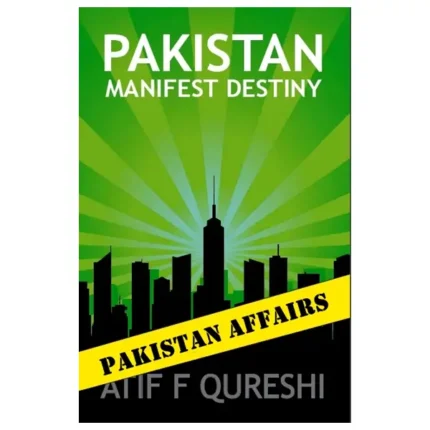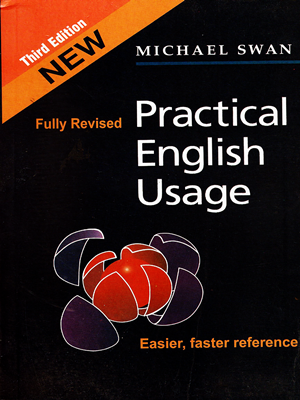The critical state of Pakistan energy sector is a primary constraint on the country’s economic development. Despite a significant body of literature on issues and options in the sector, the deterioration continues, contributing to an everwidening energy deficit. This paper attributes the prevailing condition to lost opportunities, prohibitive delays, implementation performance, and reform reversals.
The story of Pakistan’s energy sector is symptomatic of virtually all sectors of the economy. Pakistan’s policy-makers have been remarkably adept in articulating the overall objectives for energy policy within a national development context. The problem is not what the objectives are but how they can be achieved. Overwhelming evidence from energy analysts points to the absence of coordinated policy formulation as a fundamental issue. This paper picks up where the contemporary writings leave off by introducing the concept of Integrated Energy Planning and Policy Formulation (IEP) and the institutional structure which supports it. Without this, decision-making in the sector remains inherently flawed, and policy initiatives are reduced to shooting in the dark. Rather than offering prescriptive solutions, the paper advocates building Pakistan’s own capacity to facilitate sound policy decisions.


























Reviews
There are no reviews yet.